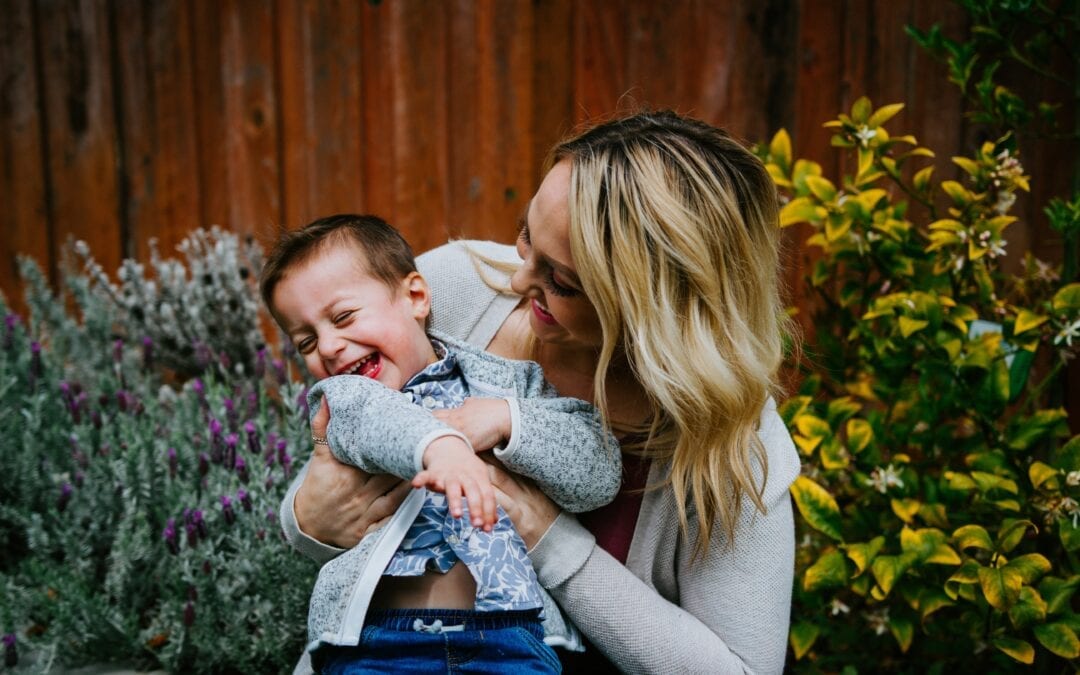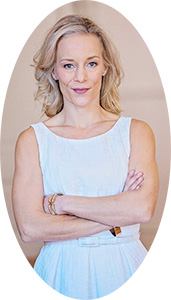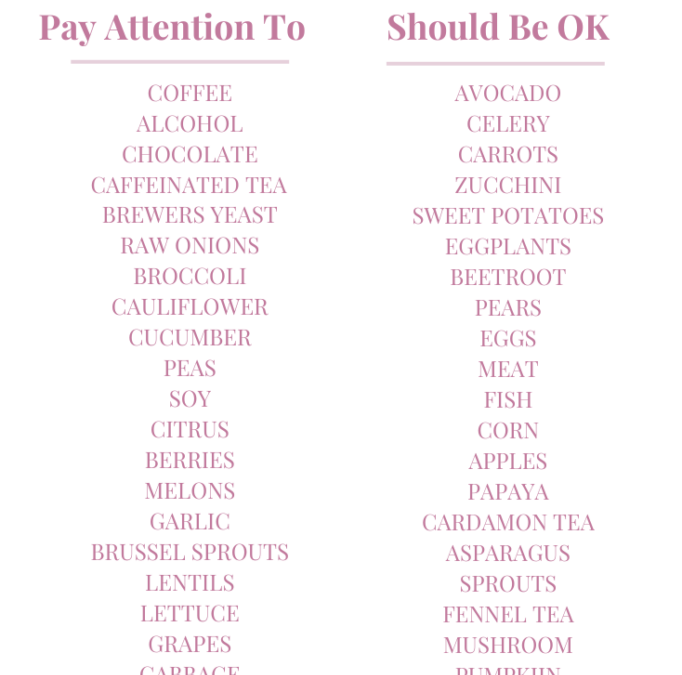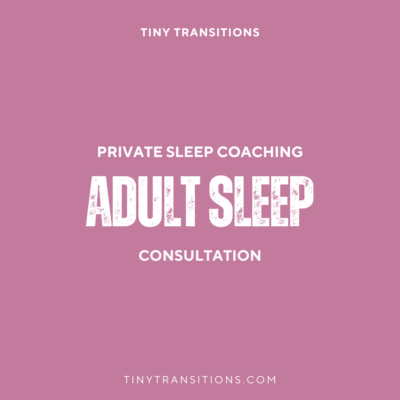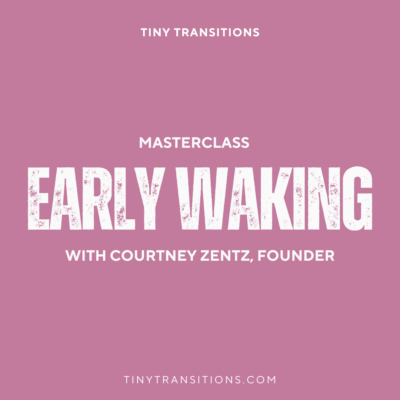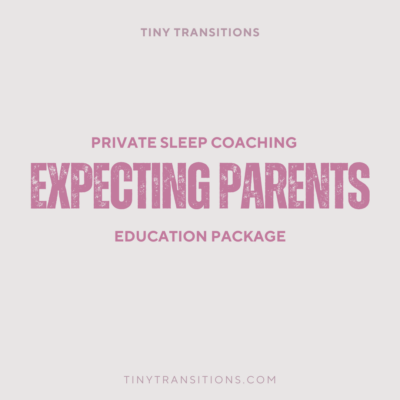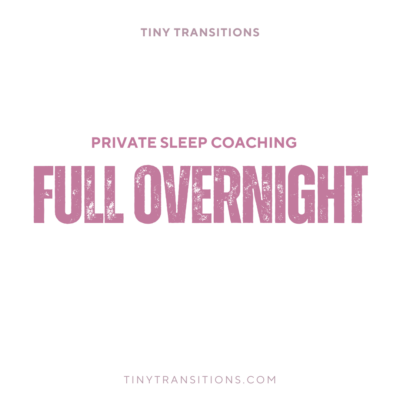Sleep Training can be a controversial topic. It also can get a bad-wrap, because people presume they pay me to tell them it’s OK to stick your baby in their crib to “cry-it-out” and eventually they will go to sleep. {Does this work? Sure – Is it necessary? Nope.
When working with myself or a member of the Tiny Transitions Sleep Consulting team, AKA, The Slumber Squad, our first and main goal with a family is to understand the current scope of their challenges. Then, we look at their ‘ideal’ day and the goals they have for their child, or family. For some, it’s for their baby to sleep through the night, for others, it’s for their baby to stop taking short naps and settle independently at bedtime.
Over the past year, I have also seen a dramatic rise in toddler and school-aged children who come to me for sleep support, because of the added stress and anxiety brought on them in this pandemic. It’s been a hard year for kids. My husband and. I were laying in bed last night, discussing the day and about all the snow we just got {yay} and how my daughter just can’t stay away from me when she’s not in school. She’s my buddy, my shadow, my best little friend. She has no other friends she can play with right now, and for a 4-year-old, that’s sad, so I am trying to be patient with her in this weird time and balance it all, as we all are.
How do You Become a “Certified” Sleep Consultant?
So, if you were thinking of sleep training your child or hiring a sleep coach – how we are different as Certified Sleep Consultants is the first thing you need to understand, then we can discuss the approach. I founded this company in 2015, and became a Sleep Specialist, Lactation Counselor, and trained Postpartum Doula. With a few thousand families I have supported in that time personally, I have learned a lot. This industry is tricky because it’s not regulated. My neighbor could wake up tomorrow, become a “certified baby sleep coach” and launch a website. You are none the wiser and no one governs the space. It’s all just marketing, the word ‘Certified’ is a marketing term, the sleep “association” “institute” is not regulated, it’s a bunch of sleep consultants who chat and share knowledge. {Poof…….I know….crazy right}. The word “certified” means that whoever you trained under is essentially allowing you to use their name. (AKA, you pay them a lot of money to essentially use take their knowledge and use their name, which to be honest, a tired mom at 2 am could care less about, they want to know if you can fix their sleep issues.) The sleep consultants who are a part of my Slumber Squad, all are hired directly after an interview process, to work and grow with me, as I provide over 100 hours of training, business coach, and mentoring. We learn and grow together and they get to support beautiful families in so many ways. It’s not a 2-day virtual training and then “off you go” to start your sleep consulting company. {P.S. – that’s how I started, but how it was then and what it is now has changed a lot.) We do things differently around here.
When I started, my mentor said ‘fake it until you make it’ – which I did, taking great care of my clients as I learned. I still talk every day to the group of women I trained with, as we share ideas, questions, frustrations, and goals, supporting each other in our own journeys. That’s why my team is different. I take them under my wing, take them through over 100+ hours of training, daily mentoring, coaching, support, and guidance to ensure your sleep success. We treat people how we want to be treated and over Google reviews show it. My Slumber Squad team is the real deal.
You need to understand WHO you are working with, what their experience is, and how they will support you. Every day, someone on my team tells me stories of a new client or new member of their Facebook Group who paid a LOT of money to work with a coach, and they sucked. They were unresponsive, only provide email support, won’t respond in a timely manner, etc. It’s hard to explain to a tired mom “googling” {sleep consultant near me} what the difference between us is. When it’s a price contest, we will never win, because frankly, you get what you pay for. You want daily and evening support, weekend access to your coach {kids struggle on the weekends too}. You want the education, the fundamentals of why it’s happening, and how to ensure it never comes back. You want someone with all of my experience, thought leadership, professional collaborations, partnerships, credibility, and most importantly, results.
Not some 1-time a week ‘allowed’ call with them for 15 minutes. You want long term strategies as sleep regressions happen, teeth pop in, and as you finally are allowed to travel with your family in this post-pandemic world. Many sleep consultants just want your business, good luck with that, they aren’t vested in YOU and your success {sorry…}
What are the Sleep Training Methods that are not Cry-It-Out?
So now that you understand this crazy industry a little more and are probably a little surprised {sorry if I burst your bubble a bit 😢} I want to break down the methods of sleep training, so you can understand what it looks like. Spoiler alert: the method is maybe 30% of the whole picture in clients getting to sleep success during sleep training. It is complex BUT people do have success with it, especially if you join my free 5-day Sleep Training Mini-Series because I break down the other 70%. So really, you have 100% of the outline to get you sleeping through the night! 🎉 Let’s start with a newborn and move through to school-age, to you can understand where your child is and what the best way to support them is.
The Pick-Up Put Down Method: {For sleep coaching 0-4-month-old babies} This method of sleep training is reserved for helping a newborn establish that they possess the skill of sleep. {Foundationally, what I educate you on in my sleep training mini-series is all about this.} How we build that skill from the start, is how / why so many people I coach attain sleep success without their newborn having to shed a single tear. When you are using this method, it involves laying your baby down awake, but rested, at the right awake window. They are fed and clean and ready for sleep. When you lay them down, if they cry, you pick them up, walk them around the room, then lay them back down after a minute, calm but awake. If they cry, you pick them up, repeat and back down, awake. It may take a few times, but your baby will fall asleep, once they understand you are not the ‘mechanism’ to get them there, that they must do it themselves. I advise you to start this teach for nap #1 of the day, NOT bedtime and build on it from there. You don’t want to sleep training an overtired baby, they will cry, a lot. When you start with the first nap, it is the time of the day that’s most consistent, and when they are less likely overtired from a busy day. So, get to success with the nap 1 putdown, it may take a few days of trying, but with consistency, you will get there.
The Shuffle or Chair Method: {For sleep training 4-17month-old babies} This method of sleep training is reserved for parents who want to be in the room with their child during the sleep coaching. {Side note: some kids don’t WANT you in the room and it causes them to be more upset and stimulated} but if they are good with it and so are you – awesome. This is where you place a chair next to the crib, work to support them through touch and vocal engagement, but ultimately, they put themselves to sleep in the crib, on their own, and over the course of a week, each time they do, the skill sharpens. As that skill sharpens, your chair gradually moves away from the crib as you shuffle out of the room.
The Interval Check-in Method: {For sleep training 4-17month-old babies} This method of sleep training is reserved for parents who don’t want to be in the room with their child during the sleep coaching. Using this method, they are going to be laid down 100% AWAKE, not drowsy but awake as some Sleep Consultants will tell you {because that’s stage 1 sleep} and won’t work long term. This is where you place the baby in the crib and work to support them through touch and vocal engagement for just a minute, to show you are there, and support them. but that they have the skill to settle independently, they just don’t know it yet. You offer comfort for under a minute and leave the room. Them, you set the timer for 10-12 minutes, and watch on the monitor because you check back in {presuming that all is good, I never suggest NOT checking in on a child if you are concerned, something seems off, etc. They are babies, not robots} During those 10-12 minutes, here is what you are going to hear an initial spike in protest, followed by a lull, then another spike, then a valley where you hear them saying ‘ah-eh-ah-eh-ah-eh-ah-eh’ then they cycle through again. (Think of a heart monitor – that’s what it looks like}. After 10-12 minutes, you go in, check on them, show they you are there to support them, but won’t be the ‘mechanism’ to sleep. {i.e. rocking, bounding, feeding, replacing the pacifier} “to sleep.” You stay in there a minute, then leave, and start the timer again. I use consistent check-ins, to establish a solid foundation and understanding, as I see 10 minutes is the magic number. Going in too soon only re-escalates them before they have the time to practice the self-settling.) You will do these check-ins until they are asleep.
Remember, you are the ‘drug’ you are weaning them off of and it takes grace, balance, and care. {I know, terrible analogy but it is the easiest to explain that when you do this, your baby WANTS it, they don’t need it.} Forward progress, though slow, is still forward progress. When your baby does ‘need’ something, our role as parents is to provide it. If they are hungry, you feed them, just not to sleep. If they poop, you change them, who wants to sleep in 💩.
Sleep training is tricky and the consulting during this first night and through the whole transformation is frankly why people hire us to be their sleep consultant. There are a lot of questions as things shift, align and adjust. Our goal is to ensure we are building good sleep hygiene and balancing everything else that comes along with parenthood. It’s not always just a quick fix.
Sleep Training a Toddler and School-Age Child
Now, we just reviewed sleep coaching a newborn, sleep training a baby and we are up to your toddler or school-aged child who is struggling with sleep. They know HOW to sleep, just prefer not to, because the alternative is much more fun. How do you manage to transform a child’s sleep habits? Patience, it takes a WEEK minimum of 100% consistency for them to change, they are natural boundary-pushers, so they need to see the new boundary isn’t moving and the consequences of making the wrong choice in the night isn’t worth the reward.
The Please Get Me Out Of Your Bed / Get Out of My Bed Approach {For sleep training/coaching kids 18+ Months}: Sleep training a toddler, 4-year-old, 5-year-old, 6-year-old – any age, it’s about boundaries. Children are natural boundary pushers. If you give them an inch, they take a mile. Parents are willing to do things, so why wouldn’t a kid ask. Then, it just snowballs. If your bed is open to them, for sure they are coming in. If you lay with them for 3 hours at night, they expect you are there for 3 hours at night. So, your first step, adjust the boundaries and decide what you are willing to do and what’s off-limits. That boundary HAS to be 100% stuck to for a week. (YES< it takes ATLEAST a week) while you stand firm and diffuse the behavior with boundaries. If they break that boundary, there is a consequence. That consequence has to be one they don’t like or won’t change the behavior. Parents often try rewards for the right choice, but no consequence for the wrong one. You have to reset the expectations of sleep, then minimize the engagement after bedtime. No more cuddles, 3-am sleeping sessions, kisses, hand-holding back to bed, back rubs, etc. It’s all attention and if you’re willing to do it, they are going to take it. Once they realize the engagement goes away, the responses are muted and there is no more bed-sharing, 4 am cuddles or tucks back in, guess what they do, they sleep. The ‘value’ of their waking goes away. Remember, good attention and bad attention is still attention.
So, in conclusion, I hope you have found this to be helpful in allowing you to better understand the sleep consulting space and how to assess hiring a sleep coach/sleep trainer near you. {p.s. you can also work virtually with one who is the best, even if they aren’t near you geographially} My team, the Slumber Squad, is located across the United States plus we have a native Spanish speaking coach too, in order to support your transformation to sleep, so if you want to learn more about working with me, or them, here is a brief intro:
- Courtney Zentz, Founder of Tiny Transitions Sleep Consulting and Lactation Counselor, Philadelphia, PA, supporting clients through my Sleep Coach on Call program & a limited private coaching availability.
- Rosie Hawley – serving the New Jersey / New York area – Learn More about Rosie.
- Jessie Kasiguran – serving the Philadelphia / Harrisburg area – Learn More about Jessie
- Lauren Nosal – serving the St. Louis, MO area – Learn More about Lauren
- Chris Nosal – the only male sleep coach in the US, serving the St. Louis, MO area – Learn More about Chris
- Tiffany Hilgenberg– serving the Des Moines, IA area – Learn More about Tiffany
- Liz Chapman – serving the Paducah, KY area & Spanish clients – Learn More about Liz
- Melanie Sawyers – serving the Nashville, TN area – Learn More about Melanie
- Kiley Pickett – serving the Hunstville, AL area – Learn More about Kiley
- Angela Stuart – serving the Austin, TX area – Learn More about Angela
- Megan Dobbs – serving the Tampa, FL area – Learn More about Megan
- Stephanie Raduazzo – serving the Long Island, NY area – Learn More about Stephanie
- Nicole Gonzalez – serving the Dallas, TX area – Learn More about Nicole
- Sharlene Ferrin – serving the Philadelphia, PA area – Learn More about Sharlene
Book a free preliminary sleep evaluation today with a member of the team. Understand how we are different, what we do to help you achieve sleep success, and how to restore balance in your home.
Sleep Consulting / Training Offerings:
We work with families in a variety of levels and capacities:
- Phone Consultations (À la carte) service, to answer those tricky questions you can’t seem to solve.
- Private Sleep Coaching services, for clients who desire support every step of the sleep training process.
- The Sleep Coach on Call®the industries only 12-month coaching program, balancing long term coaching in a cost-effective strategy to get and keep the sleep.
- Masterclass Training, to troubleshoot issues, such as early morning wakings, or short naps.
Unsure? Just connect and we will steer you in the right direction, so you can enjoy your family and leave the rest to us.
Courtney Zentz is the nation’s leading Baby Sleep Expert and Founder of Tiny Transitions. Her background as a Pediatric Sleep Specialist, Lactation Counselor, Postpartum Doula, and Sleep Coach to her team of Sleep Consultants around the world provides parents with a solution to their sleep struggles, that is backed by science and balanced with your love and support. If you are struggling with sleep in your home remember, we offer Free Sleep Before & After calls, so you can learn what a Sleep Coach does and how working with us can help you, if that’s the right choice for your family.
The mission at Tiny Transitions is to teach healthy sleep hygiene and parenting education to parents and their babies, toddlers, and young adults who struggle to sleep well. Courtney resides just outside Philadelphia, with her husband Adam and two children, Max and Sovella. She has always felt passionate about making sleep & healthy living a priority in her family’s life and Tiny Transitions looks forward to working with you.
Her team of Certified Sleep Consultants, the Slumber Squad, offers in-home and virtual consultations, depending on the location. Today, we cover Dallas, TX, Austin, TX, Nashville, TN, Paducah, KY, Long Island, NY, New Jersey, Philadelphia, PA, Tampa, FL, Des Moines, IA, Huntsville, AL, St. Louis, MO, but can travel in the home to support your sleep needs for a fee, based on the work and duration of the stay.

